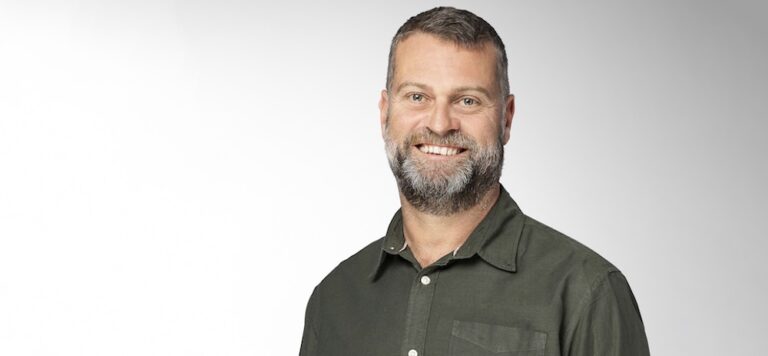
Lesbian, bisexual and queer women tackle alcohol misuse, discrimination and mental illness
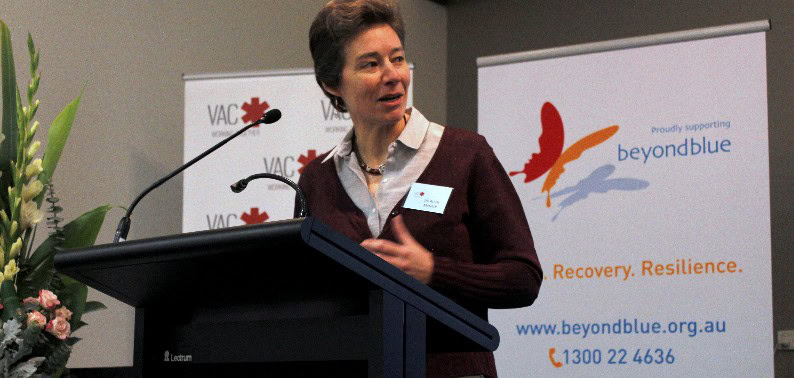
HIGHER rates of harmful alcohol use and worse mental health outcomes for women in the community were among the issues addressed at Australia’s first ever conference on lesbian, bisexual and queer women’s health.
Over 100 people turned out for the inaugural Lesbian, Bisexual and Queer Women’s Health Conference in Melbourne, with organisers arguing it indicated the huge demand for more research, services and discussion on the subject.
Keynote speaker Dr Ruth McNair from the Australian Lesbian Medical Association argued a conference focusing specifically on women’s health in the community is needed in part because of a history of lesbian, bisexual and queer women’s health being overlooked in funding, policy and LGBTI community services.
“The number of people in this room is a testament to what is needed,” she said.
McNair presented data from the ALICE study into alcohol use and culture among same-sex attracted women.
The study looked at higher rates of drinking among lesbian and bisexual women compared to heterosexual women, and found lesbian and bisexual women were also more likely to be drinking at harmful levels.
McNair also argued the study showed alcohol use was often used as a coping mechanism for dealing with discrimination and resulting mental health use.
The study examined the connection between alcohol use and the LBQ community, and suggested that while alcohol use was connected to involvement with the community, that involvement did not increase harmful alcohol use.
“This is a helpful message — we’re not pathologising women who are connecting to the community and saying, ‘you’ve got to get out of those communities it’s making you drink too much’, we’re saying, ‘it’s actually a good thing to connect, keep doing it please, if alcohol comes along with it that’s okay, but you need to drink responsibly’,” McNair said.
She argued it was vital for alochol and other drug (AOD) services to ensure they are inclusive of LBQ women, and LGBTI people generally.
Liam Leonard from Gay and Lesbian Health Victoria (GLHV) talked about the importance of understanding health at the intersection of both sexuality and gender, rather than only looking at different sexualities as the basis for looking at the LGBTI community’s health needs.
A closer analysis along gender lines of data from GLHV’s Private Lives 2 survey on LGBT health and wellbeing showed marked differences between men and women in the community in areas such as psychological distress and resilience.
Leonard said the Private Lives 2 data showed not only that lesbian and bisexual women report higher levels of psychological distress than women in the general population, but also that the rates were even higher for bisexual women, who also reported greater psychological distress than bisexual men.
The analysis also found differences patterns of substance, with data indicating more frequent cannabis use among bisexual women, but generally lower rates of party drug use among women than men.
The Victorian AIDS Council (VAC) hosted the event — along with Gay and Lesbian Health Victoria, beyondblue and the Australian Lesbian Medical Association — and VAC chief executive Simon Ruth said there had been enormous community interest.
“When we had this idea we thought we might get 20 to 30 people turn up… so we’ve been absolutely overwhelmed with the response,” he said.
Even after a number of venue changes and with a packed room, there remained a long waiting list to attend the event.
Ruth said the interest in the conference meant VAC would be running it again in 2016, and even look at making it an annual event.
Beyondblue chief executive Georgie Harman also spoke at the opening of the conference, and said it was vital to understand the specific physical and mental health needs of lesbian, bisexual and queer women.
“The definition of stigma is a mark or sign of shame or disgrace — that’s a really heavy thing to carry around with you, and we all know that there’s ongoing stigma, discrimination, bullying, verbal and physical abuse that people in our community endure every day,” she said.
“It’s really important we understand that our physical health is just as important as the physical health of anyone around us.”
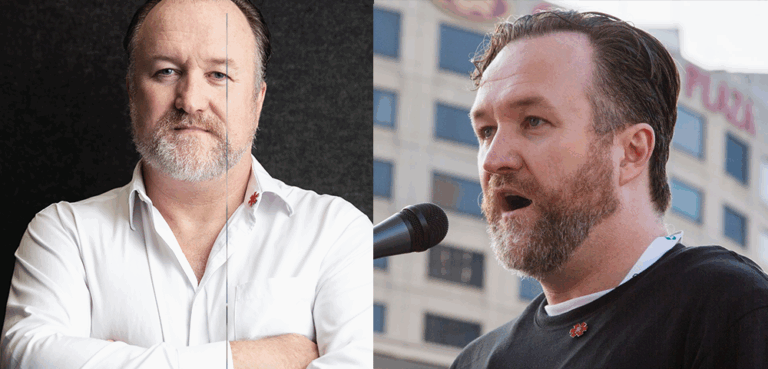
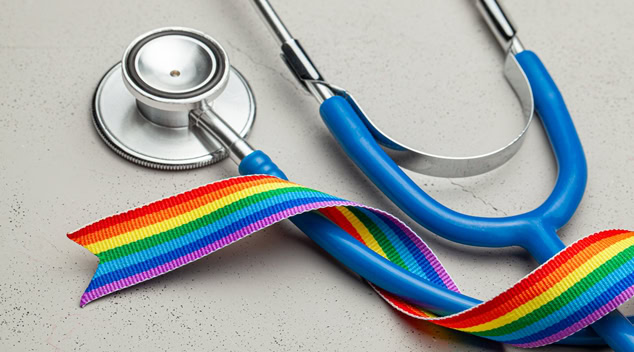
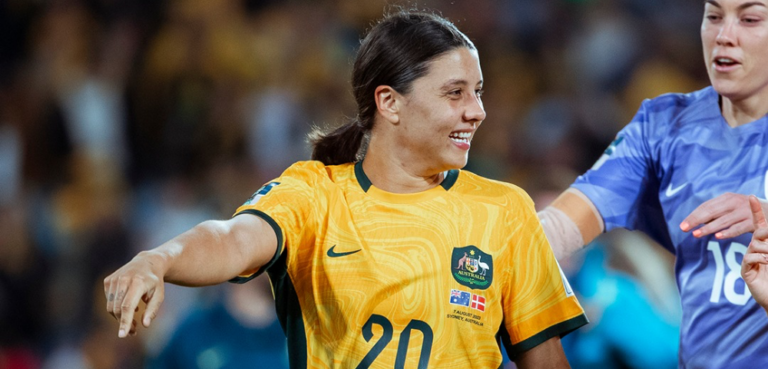

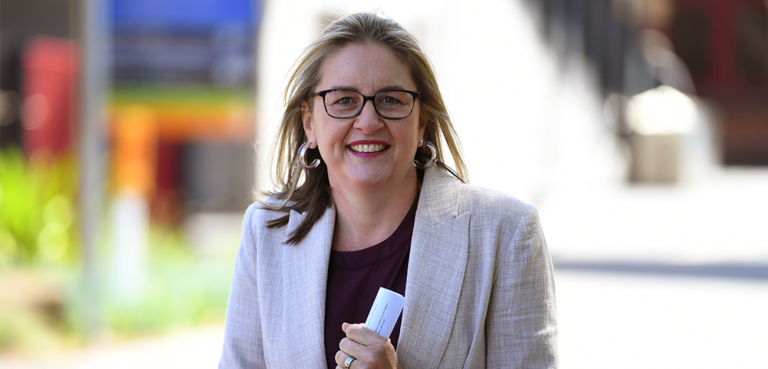
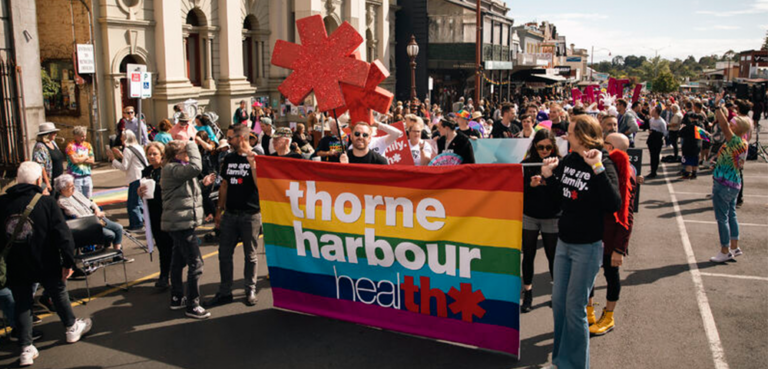
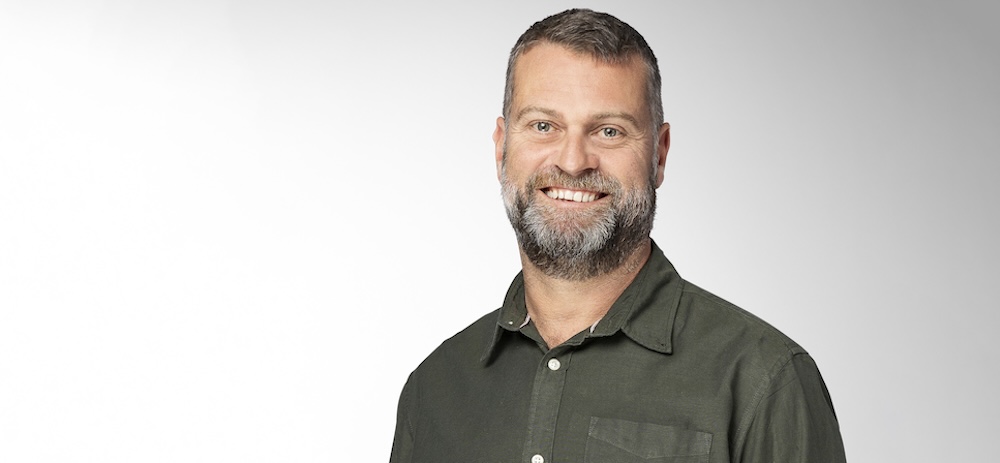
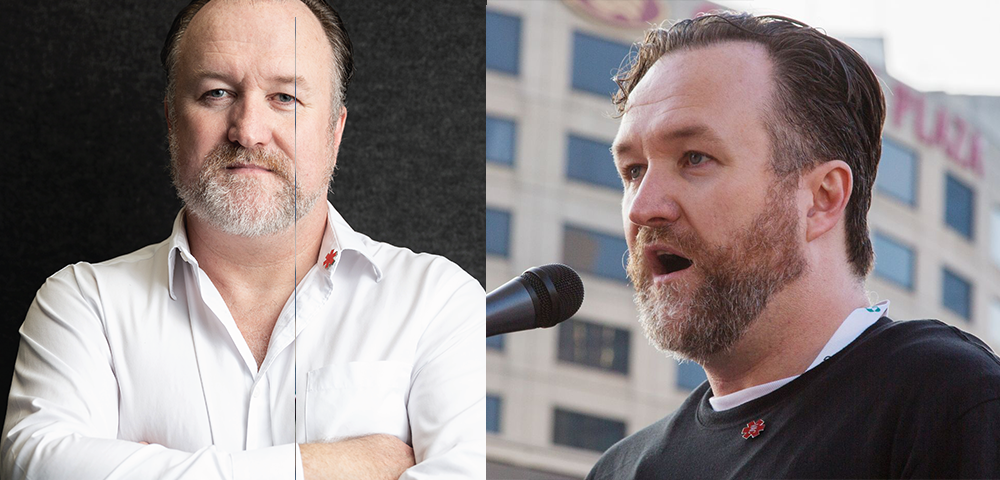
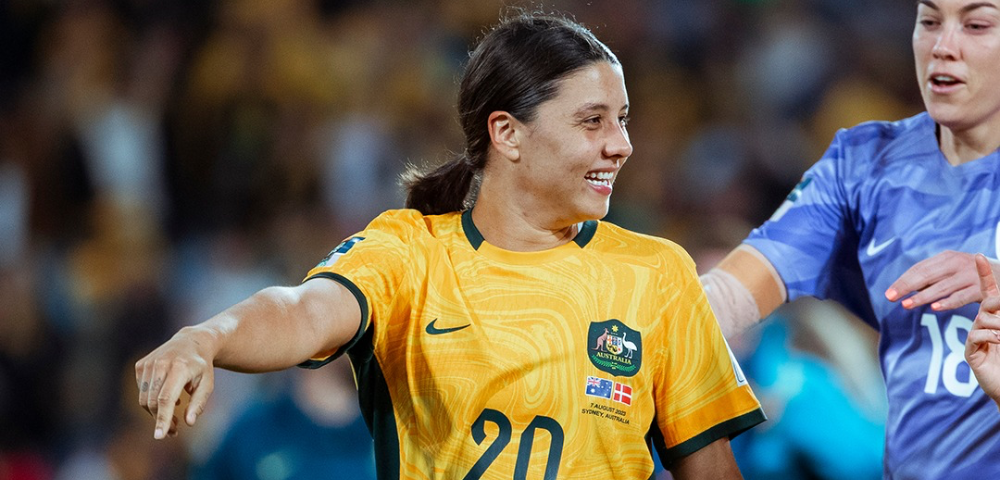

I do not see how they could compare bi males and bi females since most bi men are not out at all. Wasn’t there a report that many bi males would rather die than be outed? That is what you call psychological distress!!!
Woooooooo!
Check to c if they have any sort metal or mercry fillings in there teeth as the austraians scientice have proved thease sort of teeth cause mental ill ness thats why i hade mine taken out
Any T or I content or participation?
Virginia
As per
http://www.vac.org.au/sites/default/files/files/VAC05%20Queer%20Conference%20Program%2006%20web.pdf
Brenda Appleton from TGV presented; I presented from a bi perspective.
There was strong recognition of intersections e.g. e.g. a bi trans woman having worse health outcomes compared to a bi cis woman.
So while the focus was largely on sexual orientation, respect for and inclusion of trans/gender diverse was totally appropriate
Virginia – I know that a representative from Transgender Victoria (also the Bi Alliance) was present, and that gender identity was discussed. I hope to hear more news here or elsewhere with further details.